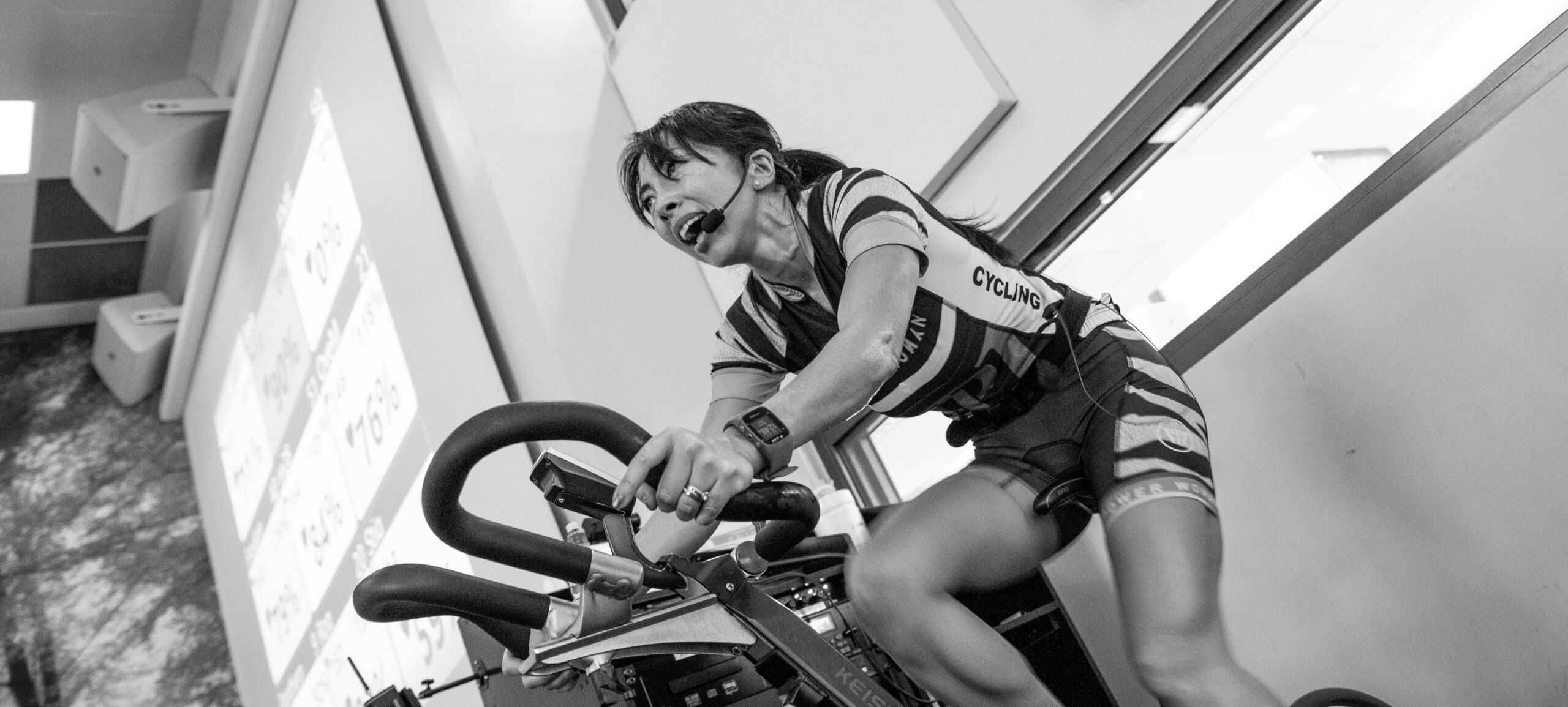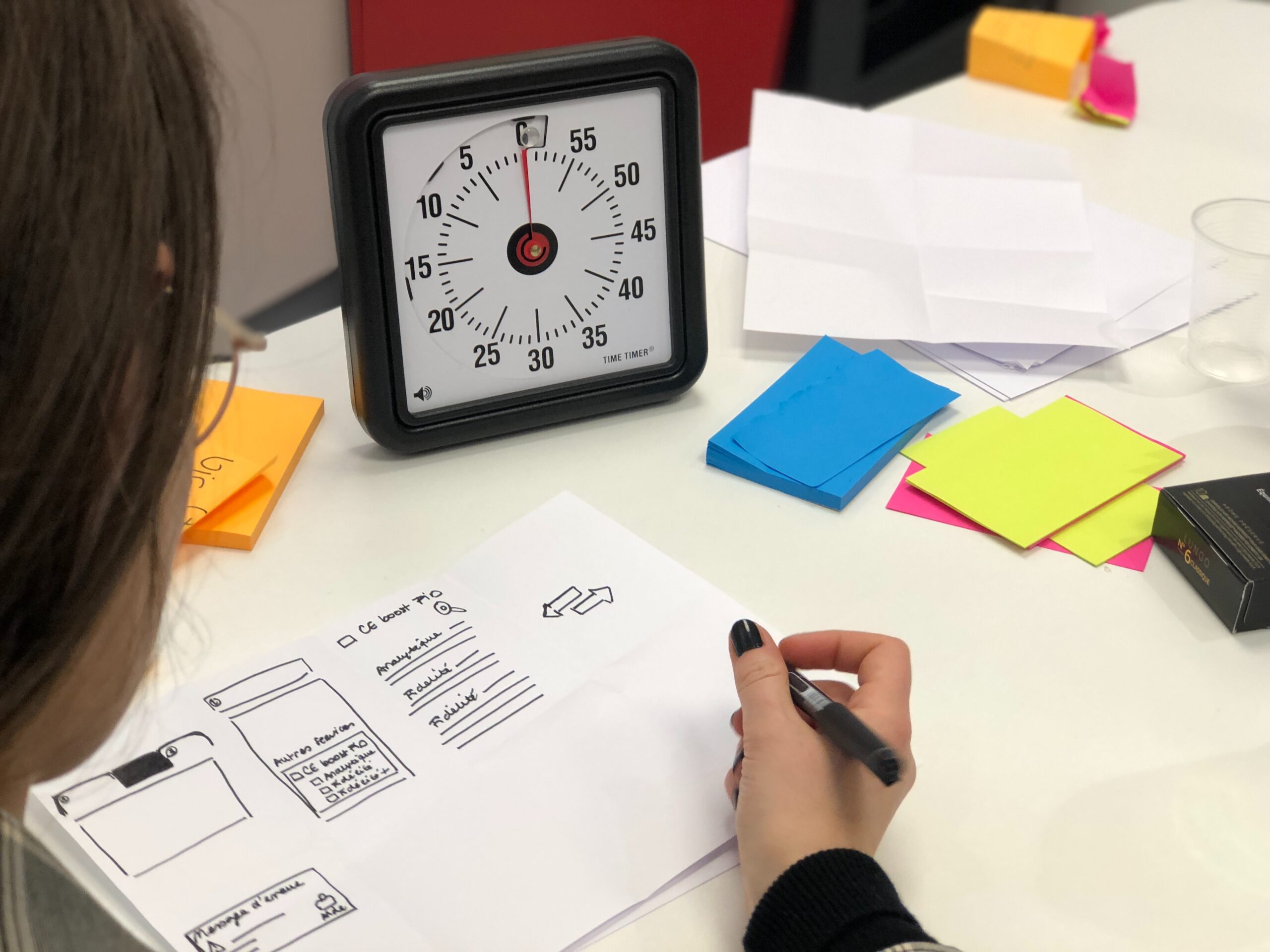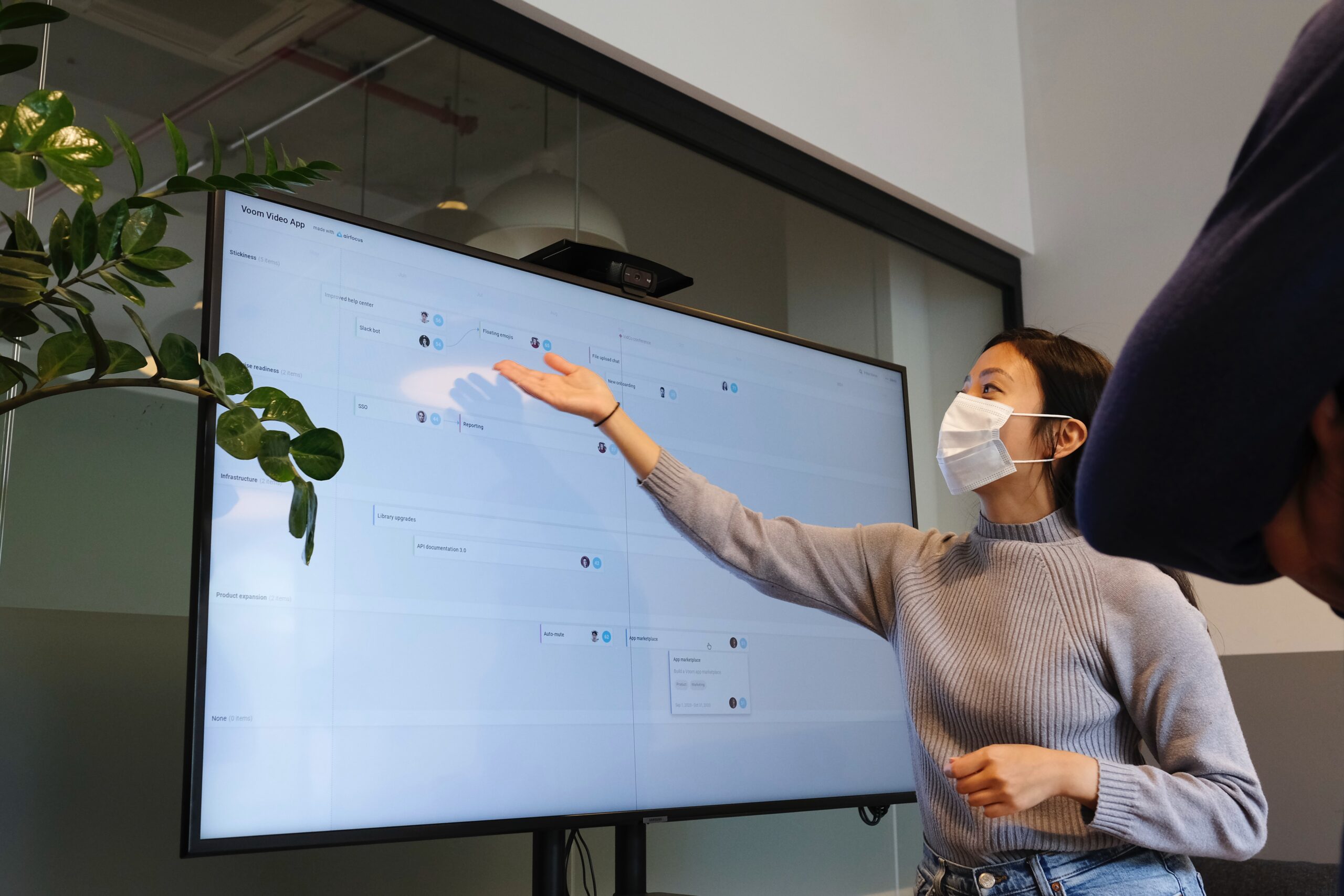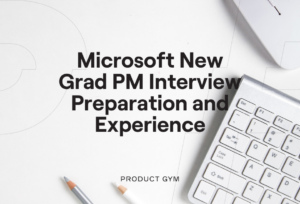The COVID-19 pandemic has and is still taking a toll on life as we know it. One of the worst-hit facets has been the global business landscape. Despite the suffocating effect of the pandemic on businesses across the world, some companies have continued to thrive nonetheless. One such company is Peloton, which happens to hire product managers in its offices across the Atlantic. Landing this job could be a dream come true. There is a caveat, though.
Peloton’s innovations and successes make it the holy grail for many product managers, so it is only natural that you meet stiff competition while vying for the role.
Thankfully, this article will be sharing some information on Peloton, what it means to be a product manager there, and how you can win the Peloton product manager interview.
Company Overview
After gyms were forced to close because of social distancing restrictions, many fitness enthusiasts had to modify their approaches to staying fit. One company that was willing and able to meet these changes was Peloton.
Headquartered in New York City, Peloton is an American exercise equipment and media company founded in 2012 by John Foley (CEO), Tom Cortese, Graham Stanton, Hisao Kushi, and Yony Feng. With about 1,800 employees, two studios, and 37 retail outlets across the US, UK, Canada, and Germany, Peloton has reinvented the fitness industry by pioneering technology-enabled fitness training via a unique subscription platform.
Peloton fluidly melds access to premium equipment, world-class fitness and wellness content, branded network software, and impeccable digital streaming services into a product that meets fitness enthusiasts’ needs across continents. Their primary products include:
- Stationary bicycles,
- Treadmills,
- A $39 complimentary subscription service that has generated about $1.8 billion (according to an article by CNBC) as of 2020.
Peloton’s Initial Public Offering occurred on September 26, 2019, where $1.16 billion was raised. A year and four days later, the company has become the largest interactive fitness platform globally, with a community of over 3. 6 million members (as of September 30, 2020). What’s more, Peloton has continued to double its annual sales since 2018.
By November 2020, Peloton announced a 232% surge in sales, several months after a May 2020 estimate revealed a 36% increase in stocks and quarterly sales that got up to $420.2 million.
The reason for this sustained growth is its unique and practical business model. One that has been adapted to the realities of life during and after the COVID-19 pandemic.
So what’s the Peloton secret?
Remote gym classes.
Monthly subscribers get to work out to video-streams of instructor-led exercise sessions that are sent directly from Peloton fitness studios to their Peloton exercise equipment. Peloton has mastered the art of making fitness programs more entertaining, useful, and convenient while fostering social connections despite the COVID-19 pandemic.
Moving forward, Peloton will be reducing the price of their $2,200 base model bikes by 16 percent while looking to continually grow their customer subscription base, which was over 880,000 as of the third quarter of 2020. The workouts for the first quarter of 2021 are projected at a 77.8Million, while the revenue for the same period is slated at $757.9Million.
Product Culture at Peloton
Peloton is currently expanding, and given its recent growth, every product/feature that it launches is under much more spotlight than it was years back. Creating products with quality issues can hurt the company’s reputation and stocks, so there is a lot of emphasis on role specialization.
Peloton’s innovation is driven by specialists who handle every stage of product creation: product analytics, user research, strategy, consumer insights, and dedicated UX and UI. Then there is the increased amount of QA testing that is designed to eliminate quality control issues. Here’s where the PM comes in.
In order to manage different professionals on different aspects of its product creation process, Peloton requires its product managers to have excellent written and verbal communication skills in addition to customer empathy skills.
Prospective Peloton product managers also need to have technical skills; an understanding of the engineering process, the cycle, and other aspects of the production process as they will have to write requirements. They are also expected to own their project and be able to sell it when and where necessary.
These skills help PMs to effectively communicate their ideas and reports to colleagues, leadership, and stakeholders. Based on the fact that Peloton is in the B2C product industry, its PMs have to be highly detail-oriented and predict customer needs.
Indeed at Peloton, PMs play critical roles in its products’ success; hence, many product managers have proven management skills handling different projects in their employ.
What Does a Typical Peloton PM Job Posting Look Like?
Although all the responsibilities and requirements for PM job postings are quite similar, we discovered a few things about Peloton PM job postings. One of the things we noticed while extensively going over the job postings was the years of experience required.
Depending on your level of experience, this particular requirement might not seem favorable, but do not worry. At Product Gym, we staunchly believe that applying regardless is a win-win situation for you as the chances of you getting a PM interview increases all the same.
We also observed that Peloton PMs are expected to possess excellent stakeholder management skills and great technical skills to effectively communicate with the different teams involved in the product creation process. They must be knowledgeable about product testing while adapting to new tools and practices, such as agile, scrum, and JIRA.
Product managers are required to own a project and manage a product from its ideation to creation. Here are some other responsibilities of a PM at Peloton.
And, here’s a brief summary of what you should be expecting from the PM role at Peloton:
- Seamless interactions with engineering, design, analytics, marketing, and research teams
- Participate in UAT testing and be able to manage effectively manage product testing activities
- Master progress tracking software such as JIRA to effectively organize and share work items with the rest of the team
- Participate and administer agile scrum meetings, effectively communicate with engineering teams to clarify the features needed to be built.
- Build partnerships with marketing, sales, support, content
How Do You Get a PM Interview At Peloton?
You could get an interview at Peloton with either a referral or an application on the Peloton career site. Before you decide which is best for you, here are some vital steps that you need to take to get an interview at Peloton.
The first step is to write a great product manager resume. This is because your resume is the only thing that tells hiring managers what they need to know about you. That is why your resume needs to communicate how your professional background makes you an excellent fit for the product manager role at Peloton.
You should write your product manager resume in a way that catches the attention of the hiring team’s attention. It must show how much of a great fit you are for the product manager role you are after.
Need more tips on optimizing your resume and syncing your LinkedIn profile and cover letter? Watch this video:
Your next step should be how to sell yourself as one of the best product managers around. You will need to come up with a great backstory that does that. You need to market yourself to show the hiring team that you have all it takes to handle a complete product pipeline.
Many rookie PMs make the mistake of skipping this step because they do not understand its importance. However, mastering your backstory and coming up with ways to stand out from the competition is key to landing a product manager interview at Peloton.
The last step is to apply for the PM post. After all, what’s the point of having a great back story and great PM ideas if you don’t indicate your interest in the position.
Sometimes sending your application isn’t good enough, and you need to network your way to a PM interview. Make sure you watch our video on networking with recruiters to increase your chances of getting a PM interview:
What Is the Interview Process and Timeline?
The interview process at Peloton is a thorough one that takes anything between 2 weeks and two months. It is split into the following stages:
- Introductory call with the hiring manager
- Take home case-study assignment
- Several onsite interviews with Product, Engineering Design, Project, Mobile, and Data to deeply delve into your professional experience and your case-study assignment
- Hiring decision
Let’s dive into the different stages of the interview process.
How to Win the Introductory Call with the Hiring Manager to Prove That You’re Qualified Enough for the Next Round?
The introductory call could be with a recruiter or a hiring manager who could be a product manager. Your interviewer will essentially ask some generic questions about your experience and what you know about Peloton. Since phone interviews are fast replacing in-person interviews, you want to invest a lot of effort preparing for it.
You should also expect to be asked a few product sense/execution or estimation questions similar to those in Google/Facebook/Amazon PM interviews. You might be asked questions like “How many ping pong balls can you fit into a Boeing 747?” or “What would you do if the Program Manager had a schedule slip?”
Estimation questions can be unsettling if you don’t know how to handle them. Here’s a resource to help you prepare for estimation questions:
Answer Estimation Questions Like a PM
You should expect to be asked behavioral questions like “Tell me about yourself,” “Walk me through the dev process at your current company,” or “What’s your favorite product?”
These questions are open-ended and are designed to find out how you articulate you are in expressing yourself. One of the best ways to prepare for behavioral problems is to look at these common questions and schedule your answers in advance.
This stage of the interview process is simply meant to find out how much you understand about the role, so make sure you know as much as possible about Peloton and its product culture before you apply.
Need more help with answering the “Tell Me About Yourself” question? Make sure you watch our video guide to learn exactly what to say:
The Case Study Take-Home Assignment
In this stage of the interview process, you’ll receive an open-ended question about implementing/improving a feature or a broader question on the company’s product marketing strategy. You will also be expected to deliver a presentation or a requirements document based on your take-home assignment. Here are some tips on how to make it past this stage of the interview:
- Narrow the broad prompt to the point where it is very specific
- Simplify your idea into deliverable tasks
- Identify the key metrics in a way that shows that your interviewers that you made data-driven decisions
Peloton is in the B2C industry, so ensure that you are quite familiar with the necessary KPIs.
Final Round with Different Stakeholders
At this stage of the interview process, you will be going through multiple stakeholders from Product, Engineering, Design, Project, Mobile, and Data, so prepare for this particular range of questions.
The first part of the final round will be your case study presentation. There will be a committee of PMs and different stakeholders listening to your presentation. You should also expect to go through a grueling Q&A session where you’ll face many questions about your take-home assignment.
Peloton is currently looking for candidates who can work on very technical projects and work with engineers. Our research revealed some of the more likely questions you can expect to be asked: “Explain a project you worked on with Engineering,” “How did you decide what to do,” or “What would you do when your engineering manager tells you the launch will be delayed?”
Product sense questions are also included in this round, and you should be expecting to answer questions such as “How would you design and implement a password checker given certain requirements for the password?” or a behavioral question like “What are your strengths and weaknesses as a PM?”
You could prepare for these questions by researching as much about Peloton as possible. In your research, you should answer questions like “What is Peloton’s product?” “How does it make money?” and” how is it sold/distributed?”
You also want to master the art of answering product design and product sense questions. Here’s a useful guide to understanding how to answer them. The final round with different stakeholders is designed to focus on your ability to work with a team to design, build, ship, and continuously improve a product.
Like many startups, you’ll need to be a self-starter ready to work with many different teams. Once Peloton is a tech company, you’ll need to prove to your interviewers that you can work with engineering. Here’s how to tackle questions asking about your experience with the engineering team, even if you don’t have much experience:
How Did COVID-19 Change Hiring?
Given the current conditions, it’s no surprise that hiring changed after COVID-19. Thankfully, Peloton is one of the few companies that could ride the waves of the widespread devastation caused by the pandemic. Peloton is currently marked with the tag “Hiring Surge” on Glassdoor, meaning that they are looking for new talent to join their team!
The only thing that changed, however, is the way interviews are done. Since offices are closed at this point, the in-person aspect of the interviews is now virtual. Unfortunately, Peloton doesn’t have any publicly available guides on conducting interviews virtually, but we can help you with what to expect with our resources.
So while the expectations are similar, virtual interviews are a whole new ball game from in-person interviews. If you are looking to win the Peloton product manager interview, one of the things you must do is to read the Product Gym guide. Although virtual interviews can be challenging for the uninitiated, this guide will show you how to ace your virtual interviews.
Need more help with acing your PM interview? Schedule a call with us today to find out how we can help you.












